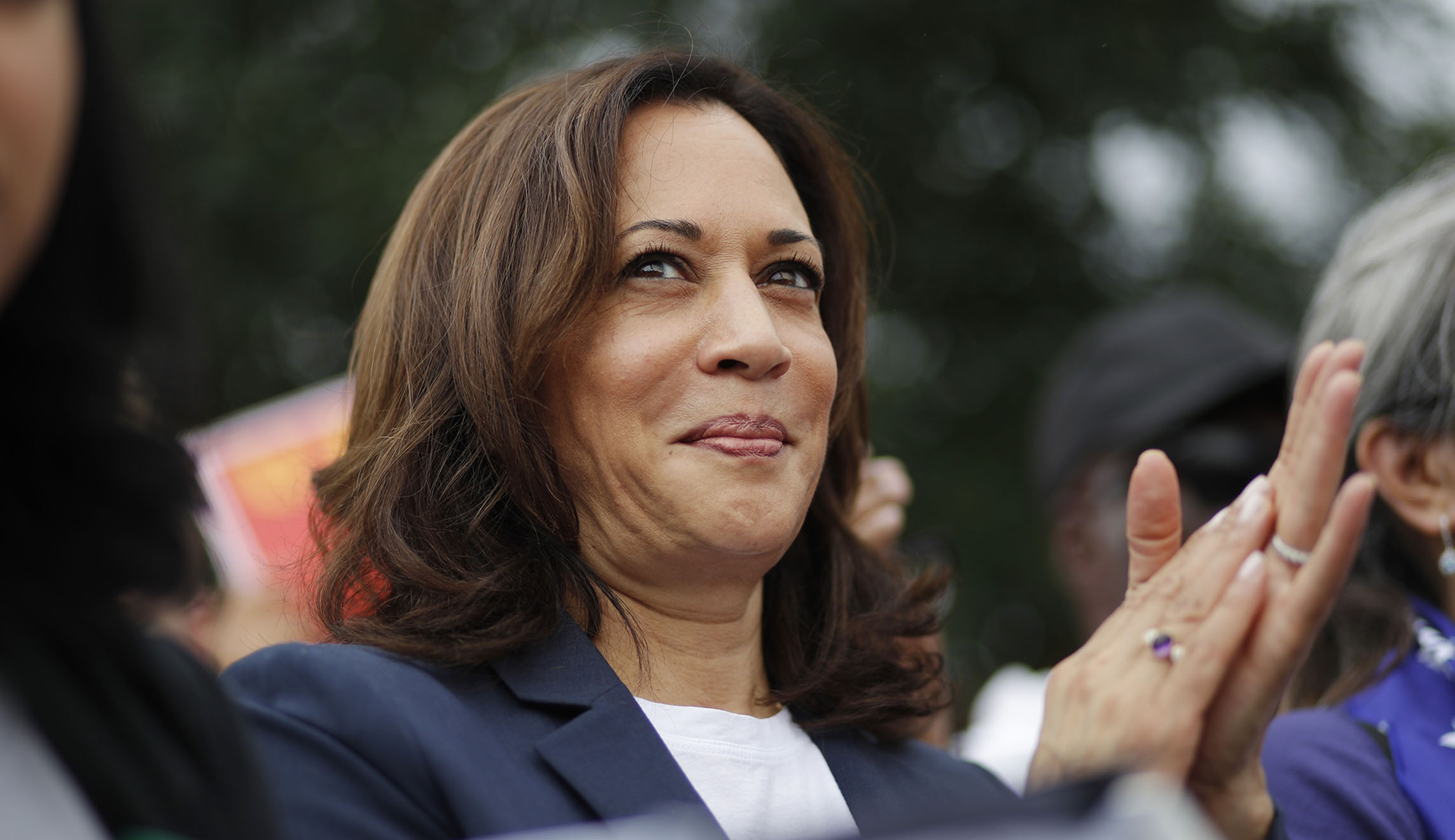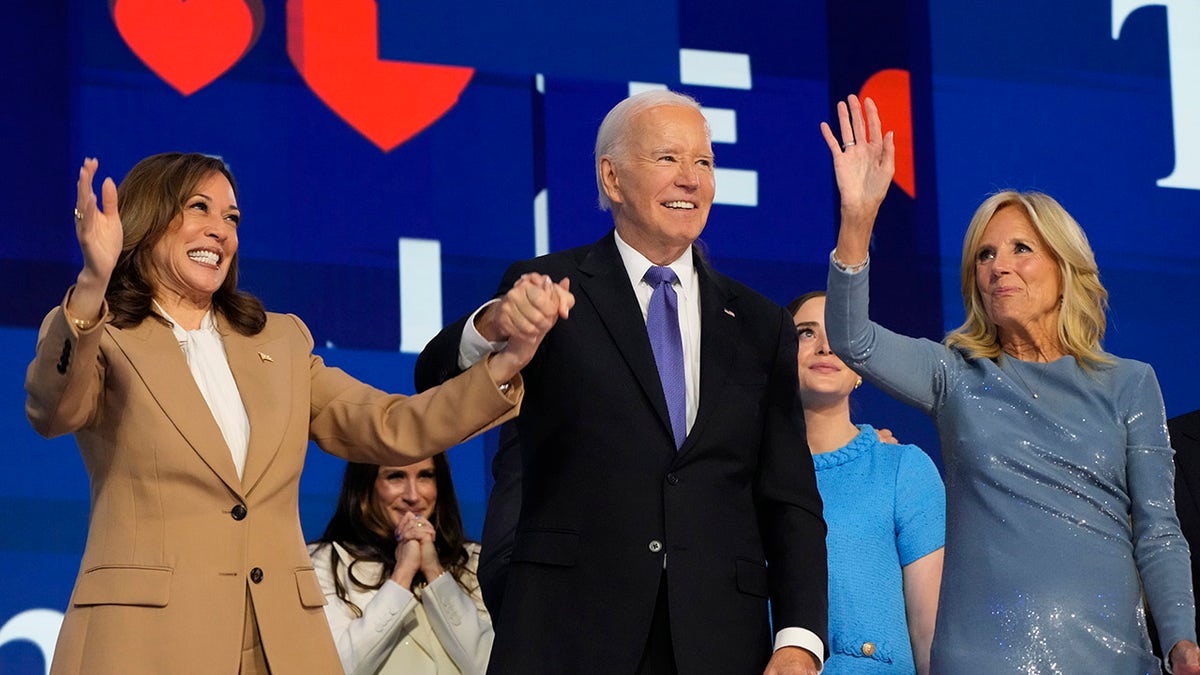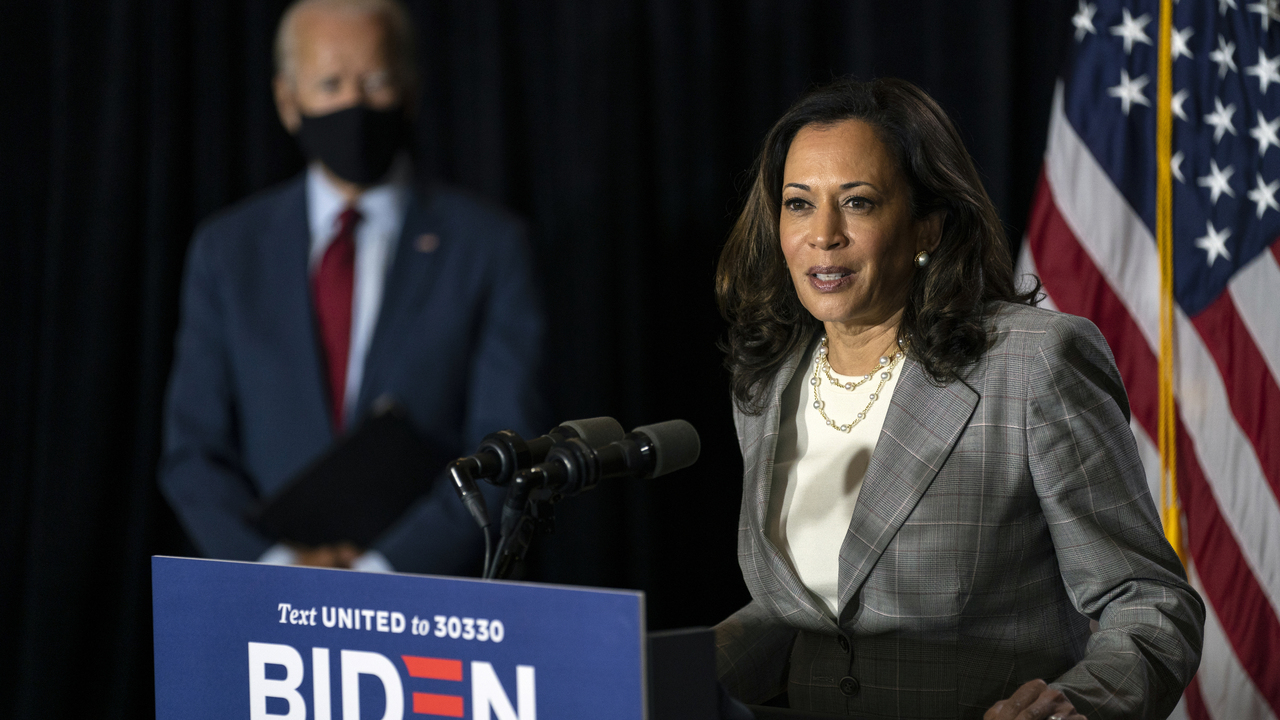The Biden-Warren Exchange: A Look At The Debate On Mental Fitness

Table of Contents
Implicit Concerns Regarding Cognitive Function
This section analyzes instances where Biden's age and cognitive abilities were subtly questioned, either directly or indirectly, during campaign debates and media appearances. The topic of age and politics is inherently complex, intertwined with concerns about cognitive decline and the ability to handle the rigorous demands of the presidency. Assessing a candidate's cognitive abilities is a particularly challenging task, especially without access to private medical evaluations. The public largely relies on observable behaviors and performance in high-pressure situations.
- Examples of subtle questioning: News coverage often focused on Biden's occasional verbal stumbles or instances of seeming confusion. These moments, amplified by social media and partisan news outlets, fueled speculation about his presidential health.
- Challenges in assessing cognitive fitness: Unlike physical health, where objective measures exist, evaluating cognitive fitness is subjective and open to interpretation. Experts disagree on the appropriate metrics and the ethical implications of public scrutiny of a candidate's mental state.
- The importance of context: It's crucial to consider the context of any perceived cognitive lapses. Stress, fatigue, and the pressure of campaigning can affect anyone's performance, regardless of age. Direct comparisons with younger candidates, often lacking similar decades of experience, may not be fair. The debate around cognitive decline needs to be nuanced and evidence-based, rather than relying on isolated incidents.
Warren's Approach: Subtlety and Policy Implications
Elizabeth Warren, facing a primary opponent significantly older than herself, navigated the issue of Biden's mental fitness for office with a strategic blend of subtlety and policy focus. Instead of directly confronting potential concerns about Biden's cognitive abilities, she emphasized her own policy proposals and leadership style. This approach demonstrates an understanding of the political sensitivities involved in openly questioning a candidate's health.
- Policy focus over personal attacks: Warren consistently highlighted her detailed plans on key issues like healthcare, climate change, and economic inequality. This implicit messaging conveyed competence and readiness for the presidency, indirectly contrasting with any perceived limitations of her opponent.
- Strategic reasons for indirect criticism: Directly attacking a candidate's fitness could have backfired, alienating voters and potentially damaging Warren's own image. Her indirect approach allowed her to address concerns without engaging in potentially harmful negativity.
- The power of implicit messaging: By focusing on her own qualifications and detailed policy proposals, Warren subtly addressed the underlying concerns without explicitly mentioning Biden's age or cognitive abilities. This exemplifies a sophisticated political strategy focused on positive messaging and clear policy distinctions.
The Broader Context: Mental Health in Politics and Public Perception
The discussion surrounding Biden’s fitness also highlights the wider issue of mental health in politics and the significant societal stigma surrounding it. Openly discussing mental health within the political arena remains challenging, with consequences for candidates who reveal vulnerabilities.
- Societal stigma and political discourse: The fear of negative consequences often prevents candidates from being open about mental health challenges, perpetuating the silence around a crucial aspect of overall well-being. This silence contributes to the political stigma surrounding mental health.
- Challenges of open conversations: The pressure to project strength and unwavering confidence in the political sphere makes it difficult for candidates to address mental health concerns, even if they impact their performance.
- Examples of other political figures: While there are some examples of political figures who have been open about their mental health struggles, these are still relatively few. The ongoing need for mental health awareness in political leadership is crucial for creating a more supportive and understanding environment.
- Emotional intelligence as a key element: While cognitive abilities are paramount, strong emotional intelligence is also crucial for effective political leadership. The ability to manage stress, empathize with constituents, and make rational decisions under pressure are all linked to overall well-being.
The Importance of Transparency and Accountability
The debate on mental fitness for office raises important questions about transparency and accountability in politics. While respecting privacy rights, greater transparency surrounding the health of political candidates is desirable.
- Need for health disclosure: The current system lacks a clear and standardized approach to disclosing health information. A more transparent process, perhaps involving independent medical evaluations with limited public release of findings, might build public trust.
- Balancing transparency and privacy: Striking a balance between the public's right to know and the candidate's right to privacy is crucial. Developing clear guidelines and regulations is vital in ensuring transparency in government without compromising individual rights.
- Potential solutions and considerations: Implementing standardized health questionnaires, independent medical reviews with carefully controlled disclosure protocols, and improved public education campaigns are potential solutions to promote political accountability while respecting individual privacy.
Conclusion
The Biden-Warren exchange, while not explicitly focused on mental fitness for office, inadvertently highlighted the crucial importance of cognitive function, emotional stability, and overall well-being for effective leadership. The article examined different approaches to navigating this sensitive issue, from subtle questioning to strategic policy focus, and underscored the ongoing need for more open and honest conversations surrounding mental health in politics. Further research and transparent discussion regarding the mental fitness for office are crucial for a healthy and functional democracy. We need to move beyond whispered concerns and encourage open dialogue to ensure that voters have the information necessary to make informed decisions about the mental fitness for office of their leaders.

Featured Posts
-
 Joe Bidens Statements Under Scrutiny Washington Examiner Perspective
May 16, 2025
Joe Bidens Statements Under Scrutiny Washington Examiner Perspective
May 16, 2025 -
 Is There Really Tension Between Jill Biden And Kamala Harris A Detailed Look
May 16, 2025
Is There Really Tension Between Jill Biden And Kamala Harris A Detailed Look
May 16, 2025 -
 Black Decker Steam Iron Reviews Find The Perfect Iron For You
May 16, 2025
Black Decker Steam Iron Reviews Find The Perfect Iron For You
May 16, 2025 -
 Analyzing The Alleged Feud Between Jill Biden And Kamala Harris
May 16, 2025
Analyzing The Alleged Feud Between Jill Biden And Kamala Harris
May 16, 2025 -
 Foot Locker Executive Changes Whats Next
May 16, 2025
Foot Locker Executive Changes Whats Next
May 16, 2025
